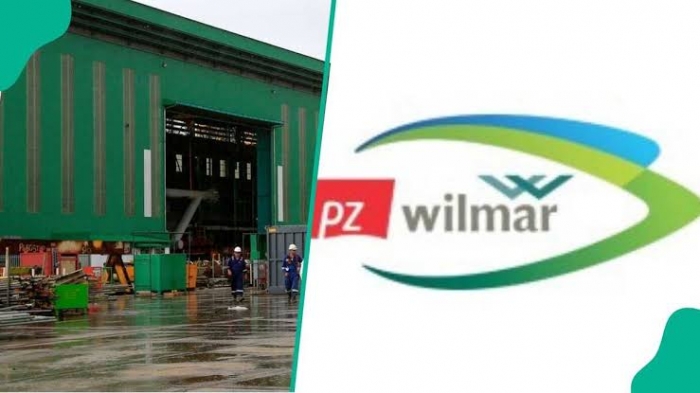Consumer goods multinational PZ Cussons Plc is making a full retreat from Nigeria’s palm oil sector, selling its 50% stake in PZ Wilmar Limited to joint venture partner Wilmar International for $70 million in cash. The move brings an end to a 15-year partnership that launched one of Nigeria’s biggest players in the edible oil market.
In a statement issued Wednesday, the company confirmed that the transaction—which remains subject to regulatory approvals—is expected to be completed by the final quarter of 2025. Once concluded, Singapore-based Wilmar International will assume full ownership of PZ Wilmar and rebrand the company under a new name to be announced later.
PZ Wilmar is the producer of leading Nigerian cooking oil brands Mamador and Devon King’s, and also owns minority stakes in two palm plantations majority-controlled by Wilmar. The joint venture was established in 2010 as part of an ambitious plan to rebuild Nigeria’s once-thriving palm oil industry.
Commenting on the exit, PZ Cussons CEO Jonathan Myers said, “Our joint venture with Wilmar in Nigeria has been a long-term and rewarding partnership. I want to thank Wilmar’s leadership and our PZ Wilmar employees for their immense contributions. This transition allows PZ Cussons to sharpen focus on its core strengths in hygiene, baby, and beauty products.”
Wilmar’s Chairman and CEO, Kuok Khoon Hong, reiterated the group’s long-term commitment to Nigeria. “We remain bullish on Nigeria’s palm oil sector. With a population of over 200 million, a growing middle class, and strong agricultural potential, Nigeria is a strategic market for us,” he said.
Despite gaining full control of PZ Wilmar, Wilmar disclosed it is open to partnering with strong local players to support its Nigerian operations going forward. The company is expected to continue developing both upstream (palm plantations) and downstream (consumer goods) aspects of its business in Nigeria.
This exit underscores a broader shift by PZ Cussons to concentrate on its global core business segments amid a challenging operating environment in Nigeria. While PZ Cussons Nigeria Plc was never a shareholder in PZ Wilmar and remains unaffected by the sale, the decision signals the end of an era for the British company’s ambitions in Nigeria’s palm oil revival.
The development also reflects a growing trend of foreign companies reassessing their exposure to Nigeria’s volatile business climate—characterised by currency depreciation, regulatory uncertainties, and high operating costs—while leaving the door open for more risk-tolerant or regionally integrated players like Wilmar to deepen their footprint.
